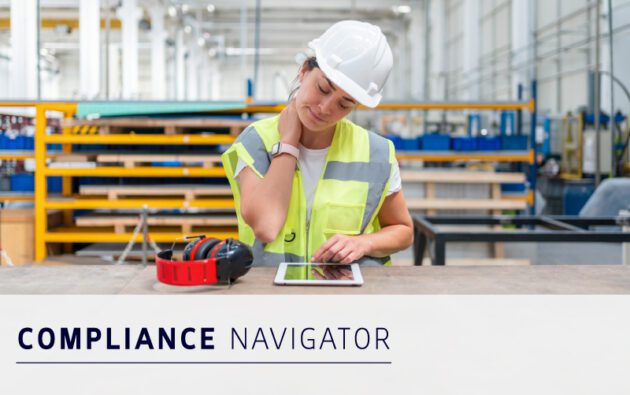As the end of 2020 thankfully draws near, there are several actions U.S. and Canadian employers should consider taking to reinforce workplace compliance. Although these activities may be time-consuming and difficult, employers proactive in these areas may avoid costly litigation, increase employee morale, and improve productivity. Here is a checklist of things for employers to do:
Research and Analyze New Laws
It is common for new and amended employment laws to take effect in January. These new laws may affect the minimum wage, leaves of absence, scheduling, paid sick time, privacy, overtime, and other employment issues. Employers should carefully research and analyze any new regulations and, if necessary, consult legal counsel for compliance advice.
Update Your Employee Handbook
Organizations should review and update their employee handbooks at least yearly. If handbooks are reviewed annually, the following year’s changes should be few. On the other hand, if an employer waits years or until a problem arises before updating, they will have a much bigger job on their hands and will likely be noncompliant with current employment laws. And finally, employers should combine all policies into a single document and have each employee acknowledge in writing that they received the most recent copy of the handbook.
Worker Classification
Be sure workers are properly classified as employees or independent contractors, as laws and rules regarding independent contractor status seem to be constantly changing. Remember, wrongfully classifying an employee as an independent contractor can lead to costly litigation if an employee is denied overtime, unemployment compensation, sick pay, health benefits, or other obligations commonly applicable to employees but not to independent contractors.
Update Employment Agreements
Ensure that employment agreements are amended to reflect any changes occurring during the year and create new contracts if prior agreements have expired. Also, make sure employees have signed all confidentiality, non-solicitation, and non-compete agreements if your organization uses these types of documents.
Performance Reviews
The end of the year frequently involves performance reviews. Reviews should be comprehensive, acknowledged in writing by employees, and be placed in personnel files.
COVID-19
Acquire up-to-date information about local COVID-19 safety practices in all locations where employees work. These practices may include providing sanitization materials to workers and visitors; ensuring that employees practice hand hygiene and have sufficient break time for this reason; routinely cleaning and disinfecting all high-touch areas; conducting daily health checks such as temperature screenings, visual symptom checking, self-assessment checklists, and health questionnaires, before each shift; excluding sick employees from the workplace and following applicable leave laws; promptly notifying workers of any worksite exposure to COVID-19; and conducting thorough compliance and safety training.
Double Down on Prohibiting Discrimination
Strongly prohibiting discrimination in the workplace helps an organization clearly state its values and will improve company performance. So not only is nondiscrimination the right thing to do, but it is good for business. Moreover, in fiscal year 2020 the U.S. Equal Employment Opportunity Commission obtained a record recovery of $535 million-plus for employees and applicants who were victims of discrimination.
Reinforcing Workplace Compliance for Your Business
This list does not summarize everything employers need to do before the year ends, but it provides a good start on completing essential “to-do” items. Additionally, an employer’s checklist may vary by jurisdiction, industry, and employee population, so learn what is needed for your business. And if you are overwhelmed, contact legal counsel. Have a happy new year!





